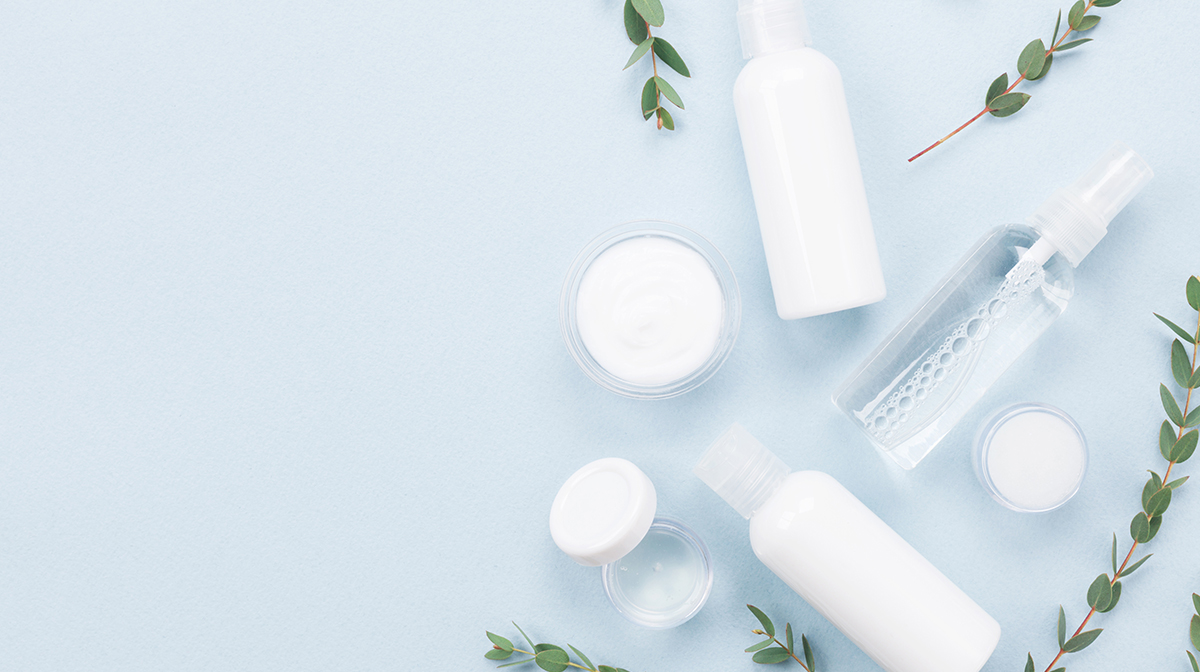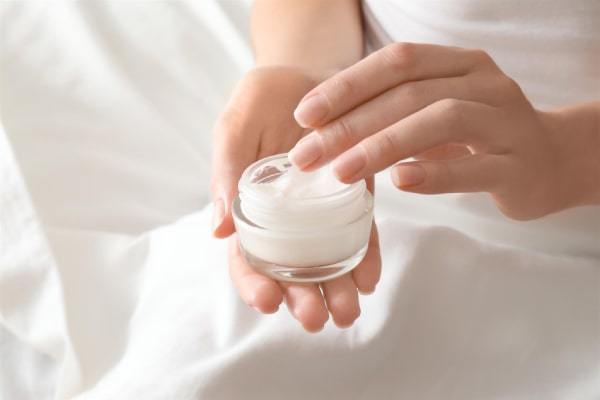Anyone can experience allergies from the use of body care products or cosmetics. When this happens, you may experience intense itching, redness of the face, and sometimes swelling. This is an allergic reaction caused by a substance in a product that you have never used before and that your skin cannot tolerate.
This is why it is essential to read all the ingredients of beauty and makeup products you buy. It’s not uncommon to forget to check the labels on moisturizers, cleansers, mascara, and other products. Do you know what it means for a skin product to be “hypoallergenic” or have the potential to cause a skin reaction?
Products Labeled as “Hypoallergenic”
Like many skincare products, cosmetics are formulated to minimize the risk of allergies. Everything from the type of fragrance and preservatives to the quality of ingredients is checked to ensure the safety of consumers with epidermal hypersensitivity. For this reason, cosmetic companies develop products labeled as “hypoallergenic.
But what does “hypoallergenic” on the package mean? It means that the product has been designed to minimize the risk of allergic reactions. Generally, these beauty products are softer and do not contain certain substances that may cause irritation.
What Does “Hypoallergenic” Mean?
Most cosmetic brands use the term “hypoallergenic” to describe products that contain fewer ingredients known to cause allergic reactions. These products do not completely eliminate the risk of skin side effects, as their effects on an individual cannot be predicted, but the risk is significantly reduced.
Are They Safe?
Consumers cannot be sure that a product labeled as “hypoallergenic” will not cause a reaction. There are many ingredients and chemicals that can cause allergies. Therefore, the claim of “hypoallergenic” is not in itself a guarantee of safety. For instance, you can buy fragrance-free face cream, apply it, and still have a reaction.
The best way to protect yourself from an allergic reaction is to find out which ingredients in the formula you are allergic or sensitive to before you use it. Ideally, you should first undergo an allergy test to diagnose your allergy to one or more substances.

Skincare Ingredients You May Be Allergic To
It is difficult to say which ingredients in skincare products are potential allergens. To avoid irritation, it is essential first to determine if you are allergic to any of the ingredients. To do this, you can read the indicated ingredients list on the products or conduct a patch test before using it on your entire face/body.
For the patch test, you can try a new product on the inside of your arm for a few days. Even if the product you choose does not contain any known allergens, your skin may still react to it. Besides, certain vitamins can cause rashes in some people.
There are other red flags to look for in product formulations. Our advice is to watch out for fragrances and preservatives, which are the most common categories that cause problems with sensitive skin. In many cases, people are not sensitive to all fragrance ingredients but to a subset of certain chemicals. If a brand does not list these allergens (usually behind the word “fragrance”), there is no way to know which potential “enemies” are in the product. In that case, if you know that you are sensitive to a particular fragrance ingredient, you may want to avoid the product altogether.
Common Allergic Skin Reactions
The most common allergic reaction to cosmetics is contact dermatitis. This occurs when the skin’s epidermis becomes hypersensitive to chemicals and cosmetic ingredients, causing a reaction characterized by irritation, burning, hives, rashes, and other inflammatory reactions.
An allergic reaction to a skincare product may result in a red, itchy rash where the product is applied, or it may be a slightly more widespread reaction. On the other hand, allergic reactions to hair dyes and shampoos may manifest as swelling and itching of the eyelids.
Share your thoughts with us in the comments below!



Your article gave me a lot of inspiration, I hope you can explain your point of view in more detail, because I have some doubts, thank you.